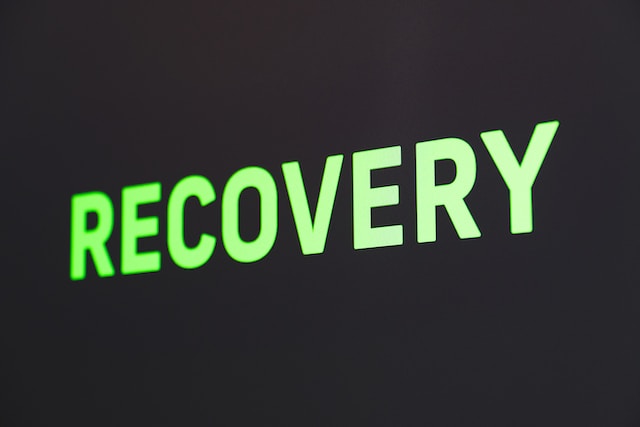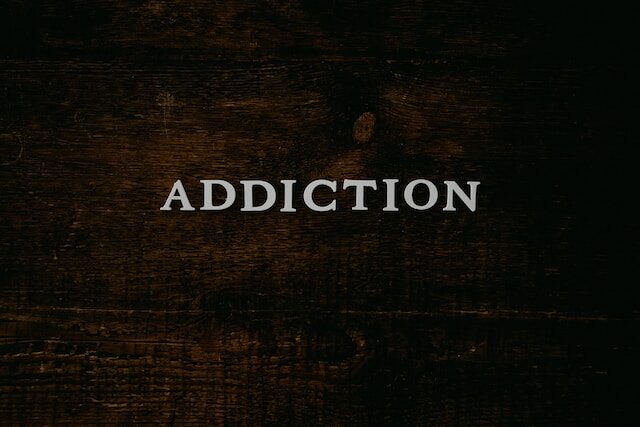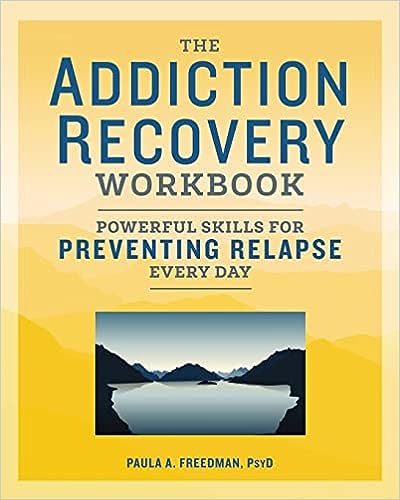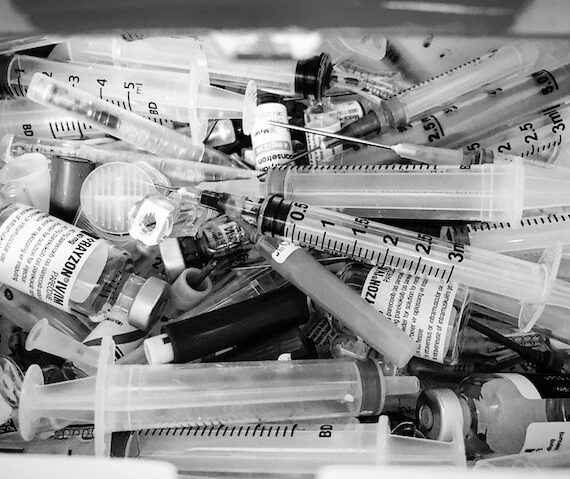Recovering Your Future: Overcoming Drug and Alcohol Addiction
Introduction:
Addiction Recovery from drugs and alcohol can be one of the most challenging and transformative journeys a person can undertake. However, it’s essential to understand that recovery is not only possible but also profoundly achievable. In this comprehensive article, we’ll delve deeper into the various aspects of addiction recovery, providing insights into how you can regain control of your life while addressing the complex and multifaceted nature of addiction.
Understanding Addiction:
Before we delve into the recovery process, it’s crucial to have a deep understanding of what addiction truly is and how it profoundly affects individuals. Addiction is a complex, chronic disease that impacts both the brain and behavior, often leading to physical and psychological dependence on substances like drugs and alcohol. Recognizing addiction as a bona fide medical condition is the pivotal first step toward seeking the necessary help and support for a successful recovery journey.
The Recovery Process:

Recovery from drug and alcohol addiction is a deeply personal, unique, and often nonlinear journey. It requires unwavering commitment, patience, and a robust support system. Let’s explore the key stages of the recovery process in more detail, with added insights on how to navigate each step effectively:
Acknowledgment and Acceptance:
The journey to Addiction Recovery begins with the pivotal step of acknowledging that you have a problem and need assistance. This initial step demands a considerable amount of courage and self-awareness. Accepting the reality of addiction and its impact is fundamental to the recovery process.
Detoxification and Medical Support:
For many individuals, the first tangible step toward recovery is the detoxification process. This medically supervised and carefully managed procedure is aimed at ridding the body of harmful substances safely and minimizing withdrawal symptoms. Having medical professionals by your side during this stage provides invaluable support.
Therapy and Counseling:
Therapy, both individual and group-based, plays a vital and multifaceted role in addiction recovery. These therapeutic sessions facilitate introspection, helping individuals gain a deeper understanding of the underlying causes of their addiction. Additionally, therapy equips individuals with a robust toolkit of coping strategies and skills to navigate life’s challenges without resorting to substance use.
Support Groups and Community:
Joining support groups, such as 12-step programs or similar initiatives, can be immensely beneficial throughout the recovery journey. These groups provide a profound sense of belonging, fostering an environment where individuals can share their experiences, challenges, and triumphs. Learning from others who have faced similar struggles is an invaluable source of encouragement and motivation.
Building a Sober Lifestyle:
Addiction Recovery extends far beyond the act of abstaining from substances. It’s fundamentally about rebuilding one’s life from the ground up. This holistic approach to recovery may involve discovering new passions and hobbies, mending strained relationships, and setting meaningful, achievable goals. It’s about embracing a life of purpose, one that is not overshadowed by the grip of addiction.
How You Can Achieve Recovery with Addiction Treatment Programs:
Recovery is a journey that can be significantly more manageable with the right support, resources, and information. Utilizing addiction treatment programs is a crucial component of this journey. Here’s an expanded guide on how you can work towards overcoming drug and alcohol addiction, with a specific focus on addiction treatment programs.

Seeking Professional Help and Expert Guidance:
Addiction treatment programs, provided by addiction specialists, therapists, or counselors, offer a structured and evidence-based approach to recovery. These programs provide not only guidance and support but also a tailored treatment plan that aligns with your specific needs and circumstances.
Building a Robust Support Network:
Surrounding yourself with friends and family who are understanding and fully supportive of your journey to recovery is pivotal. These individuals can serve as pillars of strength during challenging moments, and addiction treatment programs often incorporate family support components.
Educating Yourself About Addiction:
Knowledge is a potent tool in the recovery process. Understanding addiction, including its triggers, the chemical and psychological mechanisms involved, and how it impacts your body and mind, is empowering. It arms you with the information needed to make informed decisions and navigate recovery more effectively.
Setting Realistic Goals and Milestones:
Addiction treatment programs typically include goal-setting as a core component. Establishing achievable goals within the program’s framework provides a sense of purpose and direction. Celebrating even the smallest victories along the way can serve as powerful motivation to continue progressing.
Prioritizing Self-Care and Well-Being:
Self-care is not a luxury; it’s a necessity during the recovery journey, and it’s often a focal point in addiction treatment programs. Prioritize physical and mental well-being through regular exercise, a balanced and nutritious diet, and engagement in activities that promote your overall health and happiness.
Conclusion:
Recovery from drug and alcohol addiction is indeed a formidable and often challenging endeavor. It is a journey that is profoundly worthwhile and deeply transformative. Always remember that you are not alone in this journey, and there is a wellspring of hope for a brighter, healthier future. Whether you are just beginning your journey or have already embarked upon it, know that the support and resources needed to help you along the way are readily available, often through addiction treatment programs. Your path to recovery is not only possible but entirely within reach. A life free from addiction is not only a dream but a reality you can achieve, with the assistance of specialized addiction treatment programs.
Visits: 27





